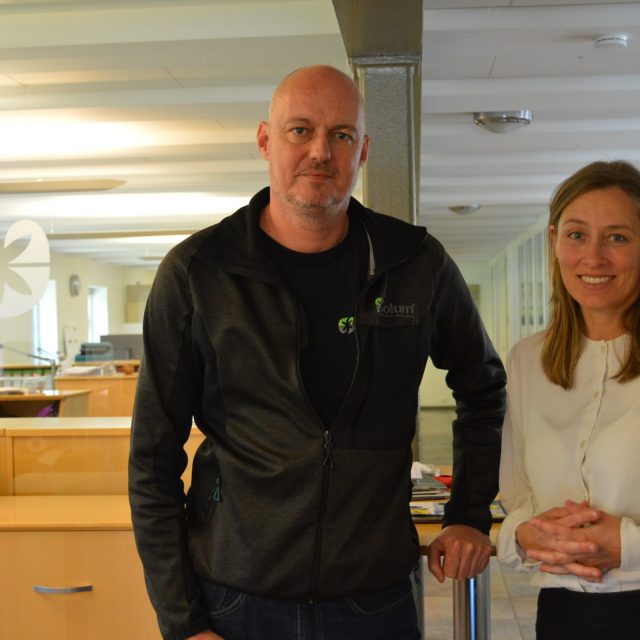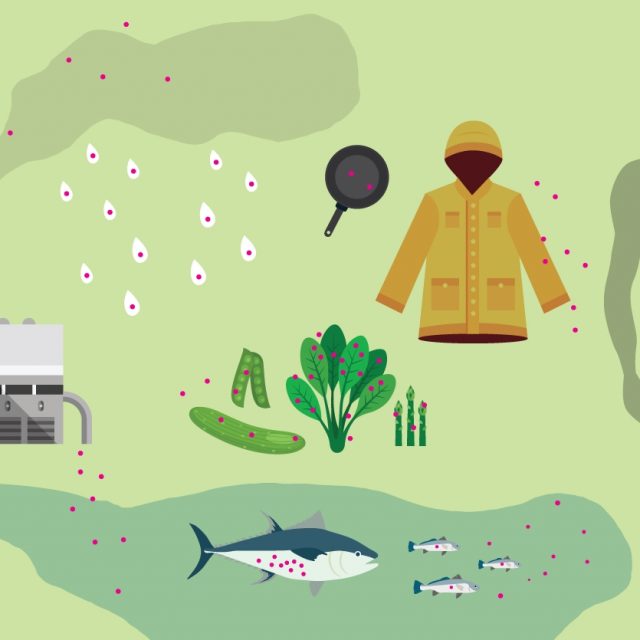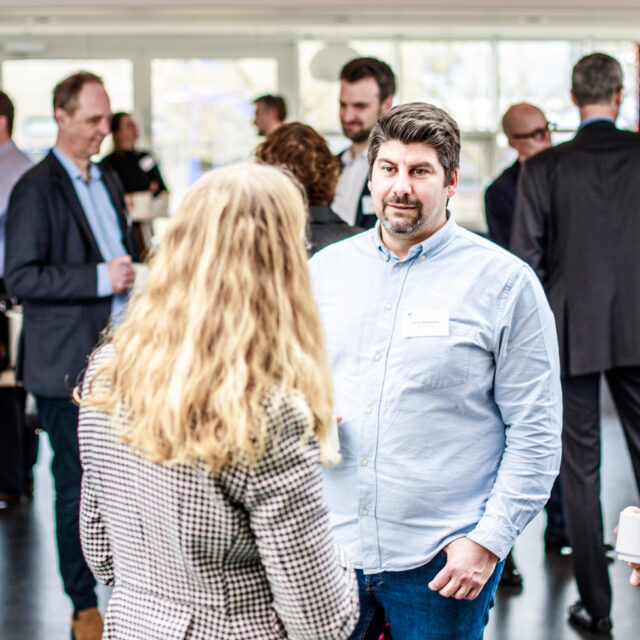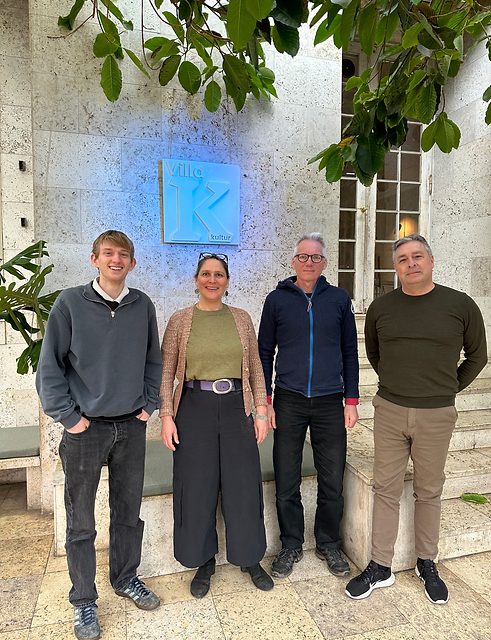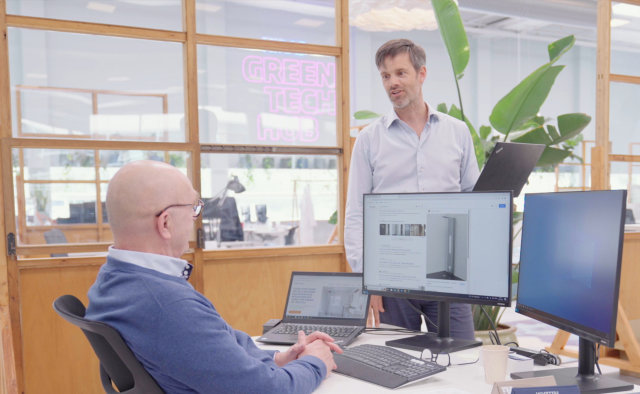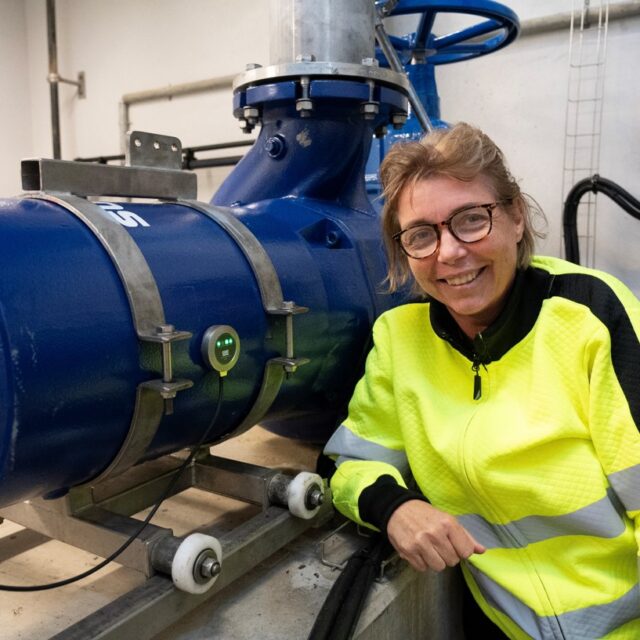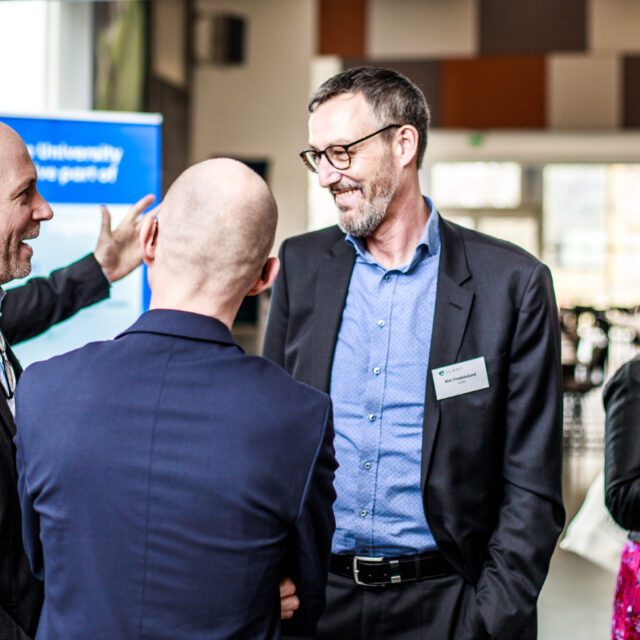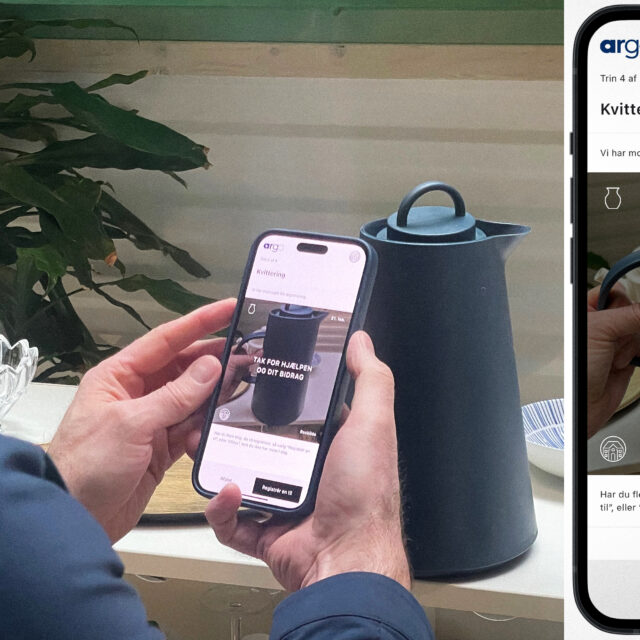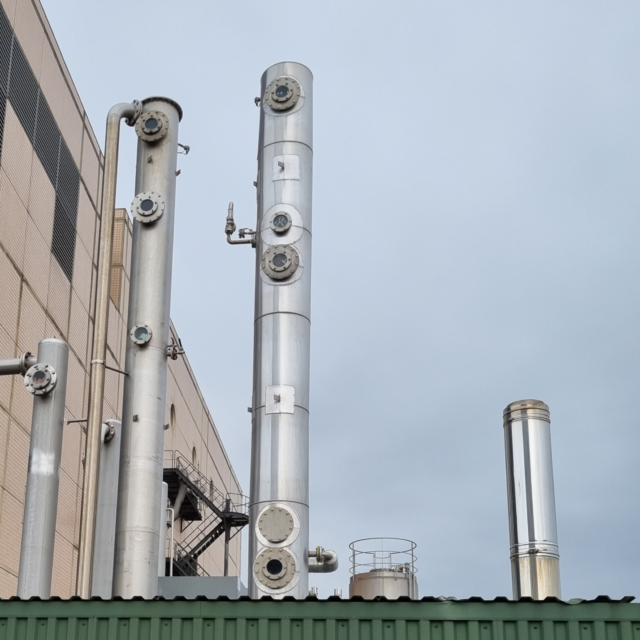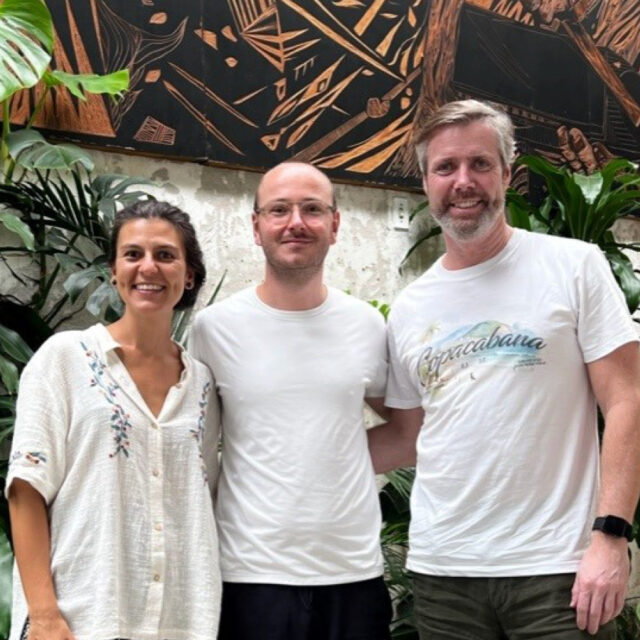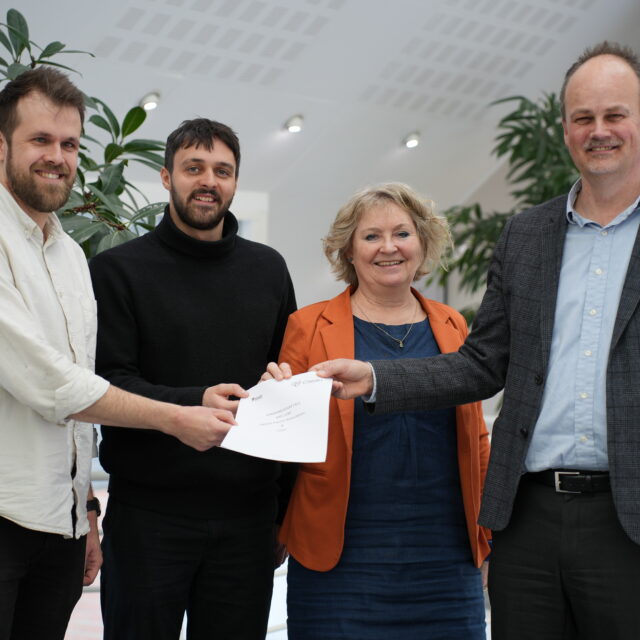3. Oct 2023
Turn waste into homes – 3D printed houses reduce CO2 footprint
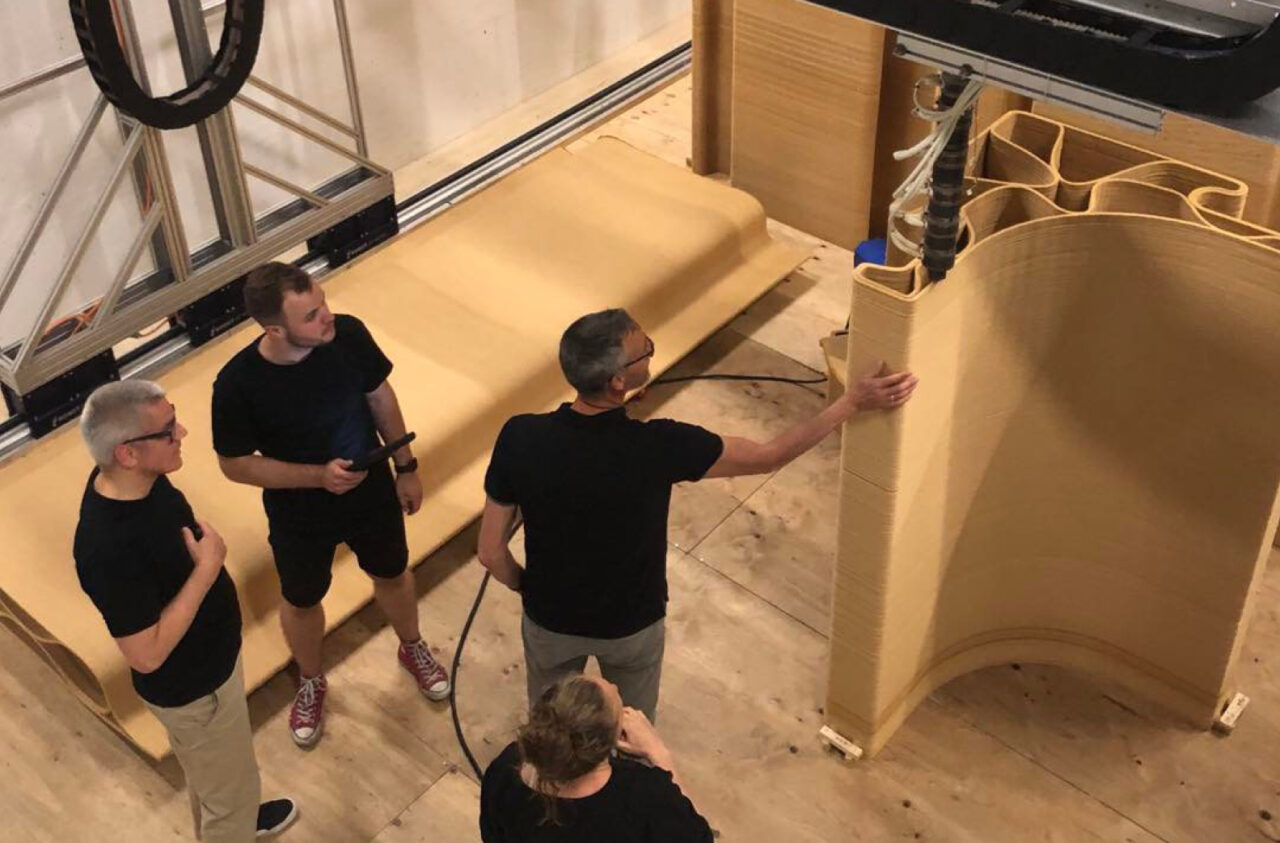
Inspired by the tiny house movement, Glumsø-based WOHN has created a 3D printed house ready for the market that is both cheaper and more sustainable than conventional construction. By “printing” the houses from waste plastic and sawdust, it is possible to reduce the carbon footprint by up to 90%.
Through a Knowledge Bridge project with the Danish Technological Institute, the Danish Institute of Fire and Security Technology, and FireEaters, WOHN has further developed and documented their product in relation to Danish building regulations and is now one step closer to commercialization.
Circular solution to the housing shortage
The demand for affordable and sustainable houses worldwide has exploded in recent years. WOHN’s innovative and circular solution can help in several ways. By using waste plastic and wood to 3D print the houses, the carbon footprint is significantly reduced, and the material is cheaper than steel and concrete.
For every 20m2 home, we convert 4 tons of plastic waste and save 15 tons of CO2 compared to traditional construction – Morten Bove, CEO.
WOHN’s solution can help with the housing shortage many municipalities and cities are experiencing in the coming years with more people moving to larger cities. At the same time, circularity is considered from the start, so the lifespan of the houses is around 50 years. When they need to be dismantled, the material can be recycled for new houses.
Expanded horizon with WOHN as the focal point
Both the Danish Technological Institute and DBI have helped WOHN gain insight and knowledge for their solution, and at the same time received confirmation and disconfirmation in the development of the product and print profile. In addition, Morten has experienced that the collaboration with the knowledge institutions has been very positive because their product was always the focal point:
DBI and TI have been really good at investigating and expanding our horizon in terms of data and providing additional info, where our product was always the focal point of their inputs – Morten Bove.
The knowledge bridge process has helped WOHN narrow down in terms of material selection and print parameters. It has also helped WOHN strengthen their credibility with potential buyers at home and abroad.
Further development
The first homes are scheduled to be ready during 2023, and several municipalities and private landlords are already lining up for WOHN’s housing solution.
The Knowledge Bridge project ran from October 2021 to December 2022 and was granted DKK 400,000 by the Danish Agency for Higher Education and Science. The partners in the project were: WOHN, Danish Technological Institute, Danish Institute of Fire and Security Technology and FireEaters A/S.
Vil du vide mere?
-

Kasper Gregersen
Communications Consultant
Tel +45 50 78 59 68
kgg@cleancluster.dk
Linkedin
